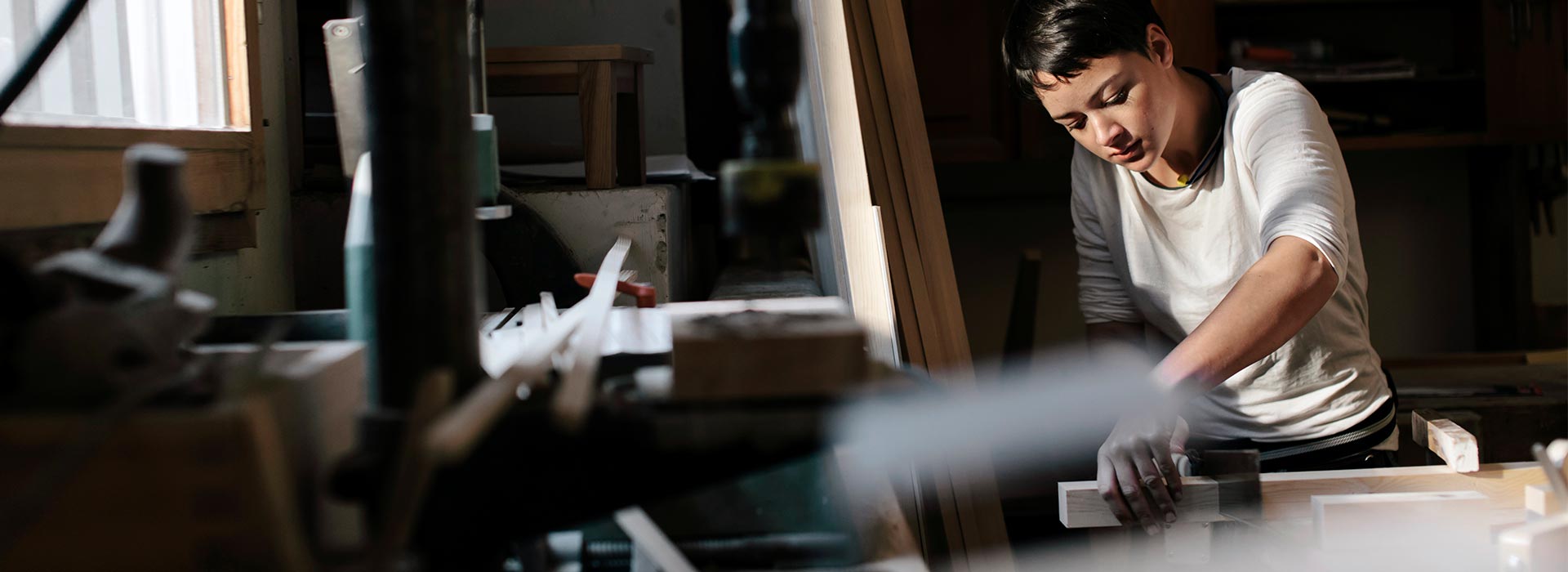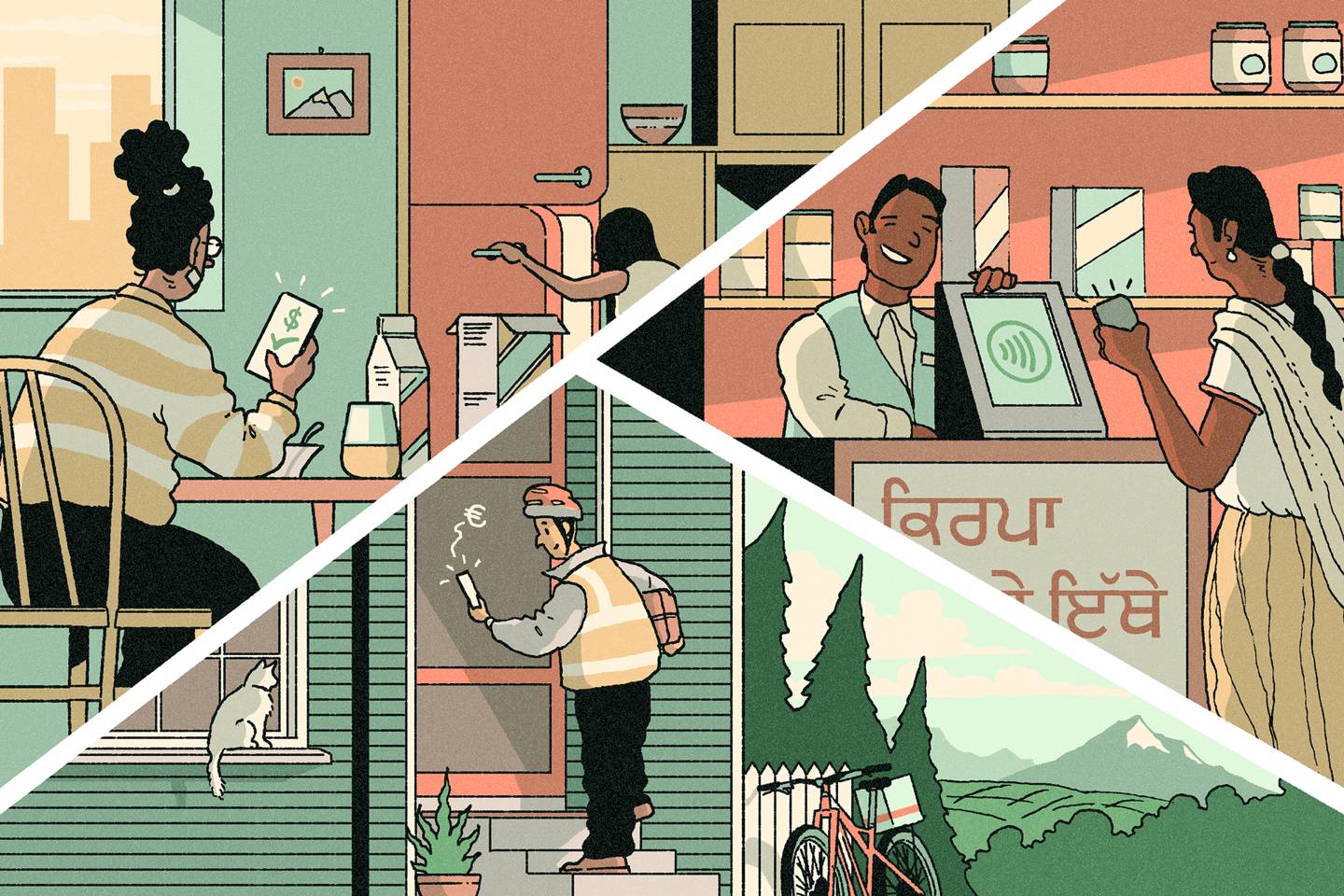
What people want from banking and payments in the post-COVID world
October 14, 2020 | By WIREDThe pandemic has changed where we work and how we socialize – and how we manage our money. "Even my 75-year-old father during lockdown became a mobile banking fiend," says Paul Stoddart, president of New Payments Platforms at Mastercard.
And the senior Stoddart isn't alone. Research from Mastercard reveals that more than half of people surveyed were using their banking apps more throughout the pandemic, while 61% were using contactless payments more often. That empowered people to not only stay safe when shopping, but also offered more control of their finances. This was key, as so many suffered economic hardship during lockdown. Those shifts in digital banking were revealed at a roundtable discussion hosted by WIRED’s digital editor James Temperton with Mastercard and other industry representatives.
"It's estimated that in the UK six million adults downloaded an online banking app for the first time," says Charlotte Crosswell, CEO of Innovate Finance. "That's 12% of the working population, which is incredible."

And that change is here to stay: Nine out of ten people who used banking apps for the first time during lockdown said they would keep using them after the pandemic, while two-thirds said the same about digital payments. Mastercard data revealed a 40% leap in contactless transactions growth. "Contactless is one of those innovations that COVID has further accelerated the adoption of," says Stoddart. "Now we're going to see the groups that weren't using contactless and mobile banking definitely using it outside of the crisis."
Contactless and banking apps are just the start, and people who have dipped their toes in the water to try those digital tools are keen to see what else is on offer. The research suggested that two-thirds of people want to try other types of digital payments. That's no wonder, given 84% said banking apps were easier to use than expected. Stoddart believes these changes will stick. "What is the new normal?" he asks. "Consumer behavior is going to be changed permanently."
The pandemic changed how people and businesses bank, manage payments and more – but that was possible because of a long-running shift to digital finance and open banking, allowing the flexibility to pivot and change behaviors. One area that's paid off is an investment in security, says Stoddart, allowing consumers but also businesses to feel secure when they try new banking innovations – that's key, as fraud was on the rise throughout the pandemic, with four in ten people saying they'd received more malicious texts and emails than before the crisis. "Mastercard has a responsibility to ensure that customers are safe, that we look after their data and take care of security," says Stoddart. "I'm hoping that together we will continue to prevail in minimizing that risk and threat."
Businesses also shifted to digital banking, with many pivoting to online sales for the first time during lockdown, letting them continue to serve customers and opening up a new revenue stream for now and in the future. "What we saw during this pandemic was a huge drop in store transactions, and a gradual uptick in everything that was online," says Florence Diss, head of EMEA commerce partnerships at Google. "Everyone who was not online needs to be online now."
That held true when lockdowns eased, with app-based payments in pubs and restaurants, she notes. "It's also beyond payments: You'll not want your physical ticket anymore," Diss says. "You want these things to be digital, too."
The pandemic has proven a catalyst for growth, innovation and social change. And it has revealed that financial tools that are flexible and offer choice can empower people and businesses even in the middle of a crisis, sparking new innovation in both banking and business.
In considering the opportunity, Stoddart echoes a sentiment that’s shared across Mastercard: “We can put things back the way they were before, or we can work together to rebuild a better, stronger, more resilient and more inclusive digital economy, one that benefits everyone, everywhere.”
This article originally appeared on WIRED
